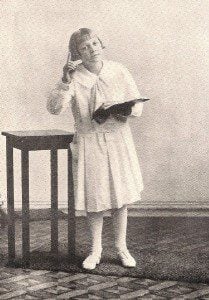I have to share this. One of the classic works on Judaism and early Christianity is Alan Segal’s Rebecca’s Children (1986). Through the centuries, debate has raged over exactly what St. Paul was doing when he took the Jesus Movement on its new directions. I am struck, therefore, to find that the Harvard University Press page on Segal’s book lists the relevant chapter in the paperback edition as “Paul the Covert and Apostle.” I think it’s a typo. Or maybe... Read more

















